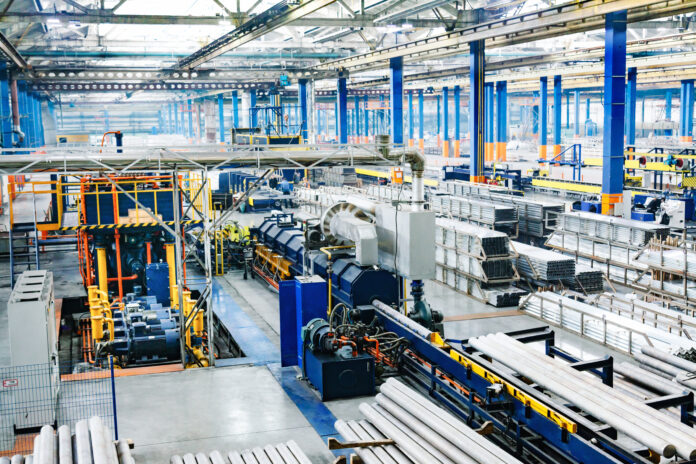
The health of the Eurozone’s manufacturing industry reached a four-month low in March with the S&P Global Eurozone Manufacturing PMI reporting a 47.3 rating, down from February’s 48.5.
Much of the decline was due to a survey-record surge in the Suppliers’ Deliver Times Index, which is inverted in the calculation of the headline PMI.
Meanwhile, output, new orders, and employment indices saw little change as a whole in the latest survey period.
“Eurozone manufacturing remains in troubled waters, with factories reporting a fall in demand for goods for an eleventh straight month amid the surging cost of living, tighter monetary policy, a shift to inventory destocking and subdued customer confidence,” said Chris Williamson, chief business economist at S&P Global Market Intelligence.
The S&P Global survey found that the most robust manufacturing sector performances at the national level were once again seen outside of the “big two” of Germany and France. Greece’s March results saw the strongest improvement, followed by Spain and Italy.
Meanwhile, headline PMIs for Germany and Austria fell to their lowest in nearly three years.
Additionally, the latest survey found a further decline in manufacturing order books across the Eurozone as the volume of incoming new work slips for an eleventh month running.
Manufacturers in the Eurozone area also continued to reduce their purchase of inputs in March due to lower production requirements but the decrease, although strong overall, was the weakest in six months.
Stocks of purchases also fell in the latest survey period, marking a second successive monthly drawdown and the quickest since May 2021.
“Fortunately, a record improvement in supplier lead times and greater input availability has allowed firms to fulfil orders placed in prior months, meaning output has been broadly flat over the past two months,” said Williamson. “However, this current level of output is clearly not sustainable, and it is inevitable that production will weaken in the coming months unless order book growth revives.”




















